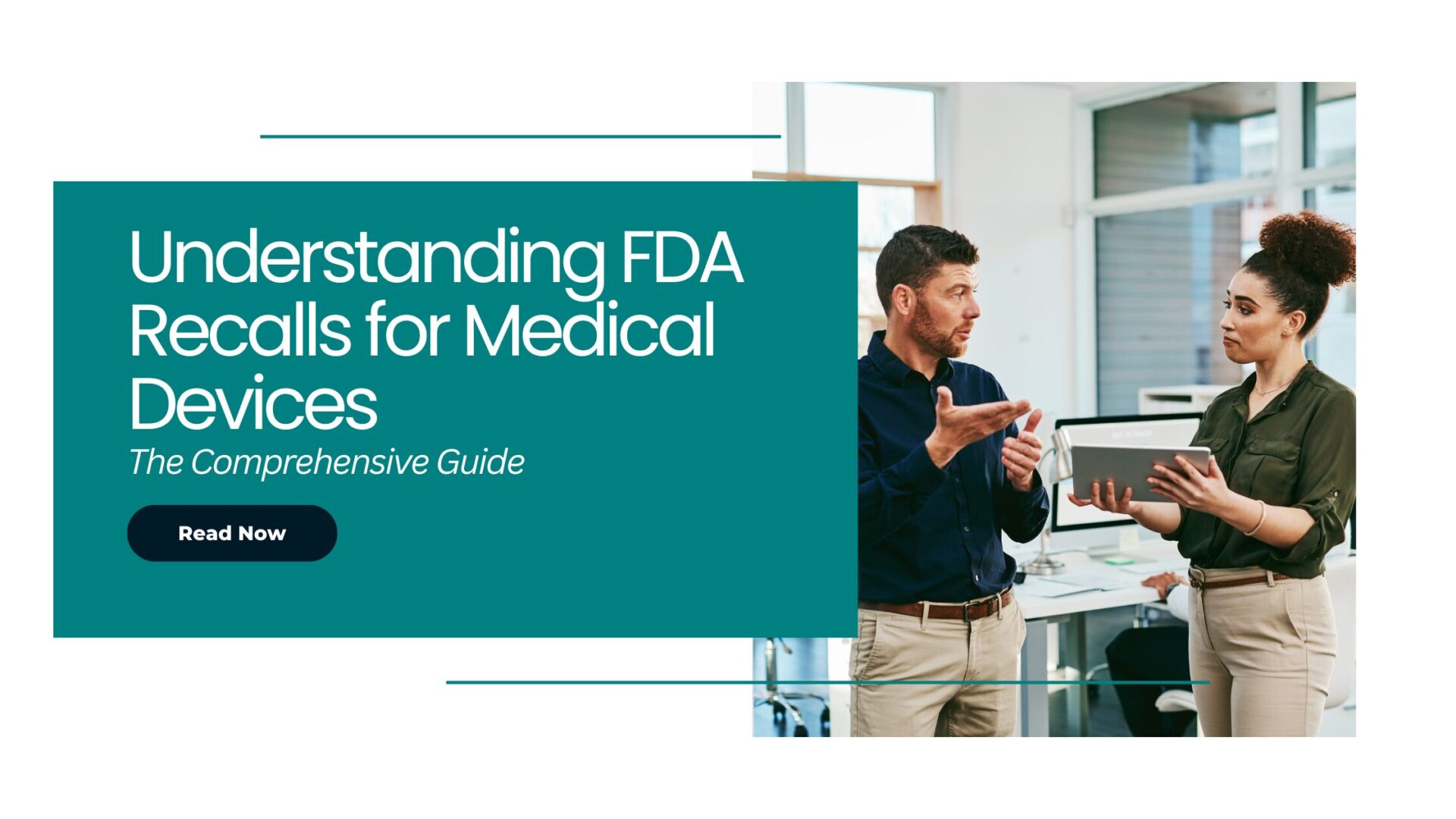The ever-evolving nature of regulatory requirements in the medical device industry is one of the biggest challenges that a medical device company faces. With the growing number of regulatory requirements, it has become even more important to have a good Regulatory Director or the Head of Regulatory and Quality in your team.
Today, we are going to discuss the basic roles and responsibilities of a Regulatory Affairs Director.
Role & Responsibilities of a Regulatory Director
The ever-evolving nature of regulatory requirements in the medical device industry is one of the biggest challenges that a medical device company faces. With the growing number of regulatory requirements, it has become even more important to have a good Regulatory Director or the Head of Regulatory and Quality in your team.
Today, we are going to discuss the basic roles and responsibilities of a Regulatory Affairs Director.
Regulatory Strategy Development
A director of quality and regulatory affairs plays a pivotal role in developing and executing regulatory strategies tailored to the unique needs of each medical device.
From initial product development to market launch, the role of the regulatory director is to provide strategic guidance to ensure compliance with the regulatory body the medical device company wishes to get approval from (FDA, EMA, EU, Health Canada, or TGA).
Serve as Official Regulatory Correspondent
A regulatory director serves as the official point of contact for regulatory agencies, representing the company in communications and interactions.
It is the role of a regulatory affairs director to handle official regulatory correspondence, including responding to inquiries, submissions, and notifications, ensuring timely and accurate communication with regulatory authorities.
International Regulatory Affairs
In an increasingly global marketplace, expanding beyond domestic borders requires navigating the regulatory landscapes of other countries, especially for those medical device companies that wish to market their product globally.
Having an experienced regulatory director by your side, provides expertise in international regulatory affairs, facilitating market access in regions such as Canada (Health Canada), and more.
Quality Management Systems (QMS)
Every medical device manufacturer would agree that regulatory compliance goes hand in hand with quality management. A regulatory director assists in the development and maintenance of robust QMS processes, ensuring that products meet the highest standards of safety and efficacy, making the regulatory process go even more smoothly.
Qualifications of a Perfect Regulatory Director?
⦿ Minimum of 10 years of Quality Management, Quality Assurance, and Regulatory Affairs leadership experience in the medical device industry, with responsibilities for managing others.
⦿ Experience with FDA, EU, or any other regulatory bodies, device, and facility registrations.
⦿ A four-year degree or demonstrated proficiency through Regulatory Affairs Certification (RAC).
⦿ Skills to determine methods and procedures for any new medical device being created.
⦿ Ability to read, understand, and interpret medical device regulations and requirements.
⦿ Excellent communication skills, written and verbal.
⦿ Ability to write procedures and perform presentations to staff and management.
⦿ Training experience to assist all employees on Quality System regulations, ISO 13485, and updates to management on new regulatory issues.
⦿ Ability to read, understand, and interpret contractual agreements, patents, legal documents, advanced technical articles, and professional scientific and medical or clinical journals.
Qualifications of a Perfect Regulatory Director?
Clearly we have seen that having a regulatory affairs manager or regulatory director is a must for any medical device manufacturer/company.
However, unlike the times before, nowadays companies are shifting from the idea of having a full-time regulatory director to a fractional one. This shift of preference is based on several factors which we are going to discuss below.
So, let’s start…
Flexibility
A fractional regulatory director offers flexible engagement options tailored to your company’s needs and financial bandwidth. Whether you require ongoing support or assistance with a specific project, you can scale their services up or down as needed, without the long-term commitment of a full-time hire.
Expertise
By opting for the fractional regulatory director option, you get a chance to work with the best minds of the industry who are otherwise not willing to work full-time because of their prior commitments. By partnering with a fractional regulatory director, you gain access to specialized knowledge and strategic guidance without the overhead costs associated with a full-time employee with the same level of expertise.
Cost-Effectiveness
Hiring a full-time regulatory director comes with significant overhead costs, including salary, benefits, and office space. By engaging a fractional regulatory director, you can leverage top-tier expertise on a more cost-effective basis, optimizing your budget and maximizing the Return On Investment (ROI).
Bottom Line
In conclusion, the role of a regulatory director is paramount in ensuring regulatory compliance and market success in the medical device industry. With more and more medical device companies opting for the fractional model, it is clear that they are becoming even more aware of its benefits.
Apart from flexibility, expertise, and cost-effectiveness, by hiring a fractional regulatory affairs director, companies can empower themselves to navigate regulatory challenges with confidence and achieve their business objectives more efficiently.
Suppose you are looking for a fractional regulatory director for your company. In that case, we highly recommend you to contact Parul Chansoria, a leader in the regulatory industry who has over 15+ years of experience in the domain.





















